Special Situations
M&A deals frequently generate unique, identified risks whereby an insurance solution can break deadlock, preserve value and enable a deal to proceed.
Risk of litigation for Finance Director
A financial investor wished to recruit a finance director to one of its investee companies. That individual was being threatened with legal proceedings for personal liability if he were to accept the position. This threatened litigation was preventing the sale of the investee company from proceeding.
Environmental Risk – Historic Contamination Blocking M&A
The seller, a metals manufacturing business in DACH, operated the existing site for over 20 years and prior to its occupation, it had been used for heavy industrial manufacturing, going back to the 1930s. The buyer, an international metals conglomerate, was seeking to acquire the target business to add to their existing production portfolio.
Loan relationships on distressed sale
An operating business was being sold by a private equity fund to a US corporate buyer and the target business had breached banking covenants and was distressed.
The buyer wished to purchase a business with a repaired balance sheet and proposed a pre-sale restructuring, to separate the operating part of the business from the property-owning part. In formalising these proposals, the buyer identified a risk that there could be a charge to corporation tax in respect of the proposed pre-sale debt tidy up. The seller did not wish to give a long indemnity for the risk as it was about to appoint a liquidator to close down the structure.
Option to Tax & Liquidator
A distressed real estate asset was being sold by a liquidator to a large corporate buyer. The diligence team could not trace an original option to tax for VAT purposes such that there was doubt as to whether or not the liquidator should charge VAT to the buyer.
VAT – Transfer of a Going Concern (“TOGC”)
Two parties to a “fire sale” of a high-value real estate asset by insolvency practitioners considered that the transfer should be the transfer of a going concern. The buyer was not prepared to risk 20% of the sales proceeds being subject to VAT if HMRC queried the tax treatment in the future.
Known fraud preventing a sale
A PE manager looking to close one of its funds was trying to sell a final portfolio company to an Irish company in the same sector. Prior to the sale, it had uncovered a fraud incident by the financial director of the company and, following an investigation, had terminated his employment (approximately six months before the sale process started). An interim financial director had been appointed.
Distribution of funds by administrator
An administrator was appointed by the shareholder of a solvent group of UK industrial manufacturing companies. This group had been selling subsidiaries and assets for number of years and was in the process of disposing of the remaining business.
Asset sale by liquidator: Synthetic cover
A liquidator was appointed following the collapse of a UK construction business which operated in the railway sector. A buyer was found for some of the rolling stock assets.
Sale of distressed investment by PE seller
A buyer was identified for a distressed PE-held company but the sale was hampered by the fact that the two executive directors had recently left the business and been replaced by temporary management who had been instructed to execute the transaction. The buyer was concerned about potential liabilities in the target business, the likely limited disclosure the management team could undertake and the limited covenant strength of management standing behind the warranties.
Liquidation sale at market value
A leveraged PE backed company had breached its banking covenants and its creditors appointed a liquidator to realise proceeds on their behalf. The business, a German industrial components manufacturer, was successful despite being leveraged. A Japanese corporate wished to acquire the target company but was concerned about potential liabilities and the lack of recourse available on a sale by a liquidator.
Sale of Intellectual Property Assets by distressed seller
A financially distressed, European manufacturing business was selling its proprietary design software assets. The acquiring fund was not willing to proceed with the transaction without a number of assurances, including that the seller owned the software code and that it did not infringe third party intellectual property rights.

